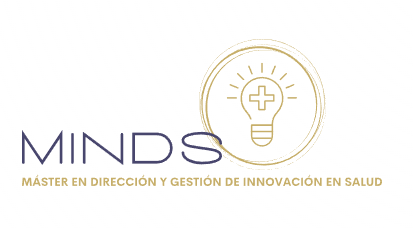Once again, the Valdecilla Research Institute has opened its doors to the students of Cantabria during the Science Week, held from November 6 to 17. Science Week is an activity of scientific and informative nature that is carried out simultaneously in all Research Centers and the University of Cantabria.
 IDIVAL's microbiology laboratory has received more than 120 students from IES Cantabria school, Cacicedo School, IES Escolapios, IES Valle de Camargo and IES Las Llamas that had the opportunity to know the Microbiology and Molecular Biology laboratories, the Biobank and the Advanced Microscopy Unit. In addition, the researcher José Ramos Vivas went to the IES La Marina in Bezana, to offer the students a talk about the research that is being carried out at the IDIVAL institute in their line of research: bacterial resistance to antibiotics, a an increasingly worrisome problem that affects to all of us.
IDIVAL's microbiology laboratory has received more than 120 students from IES Cantabria school, Cacicedo School, IES Escolapios, IES Valle de Camargo and IES Las Llamas that had the opportunity to know the Microbiology and Molecular Biology laboratories, the Biobank and the Advanced Microscopy Unit. In addition, the researcher José Ramos Vivas went to the IES La Marina in Bezana, to offer the students a talk about the research that is being carried out at the IDIVAL institute in their line of research: bacterial resistance to antibiotics, a an increasingly worrisome problem that affects to all of us.
.jpeg?ver=2017-12-10-184117-433)
The 2017 edition is the fourth in which the Photonic Engineering Group (GIF) participates in the Science Week activities. This year 190 students have been received, in addition to the 670 students who have already passed in previous editions. This year, the group has participated with 2 workshops related to the sciences and technologies of light, in order to transfer to students the current needs of society and thus encourage future vocations. The workshops given have been related to light and its influence on our current communication systems such as the internet; with understanding the physical phenomenon behind common devices in our leisure such as 3D glasses based on the phenomenon of polarization of light that also has a great impact on biomedical applications and highlighting other practical applications of light based in fiber optic sensors and the infrared thermography technique to solve industrial, civil and biomedical problems.
The Anatomical and Molecular Pathology Group has participated for the first time in the Science Week with the sample diagnosis workshop, in which they have shown to the students the diagnostic process of the samples obtained from each patient with the most advanced techniques for the detection of molecular alterations on cells. This workshop has been a success to all the students who have visited the Hospital's laboratory.
These activities developed during the science week are complemented by the activities carried out in “The European Night of Researchers” and with visits to the research institutes.
This experience is always satisfactory both for the student and for researchers, since it allows them to tell what they do in their day-to-day lives and to transfer to society the real and tangible importance of researching.

.jpeg?ver=2017-12-10-184117-433)




















